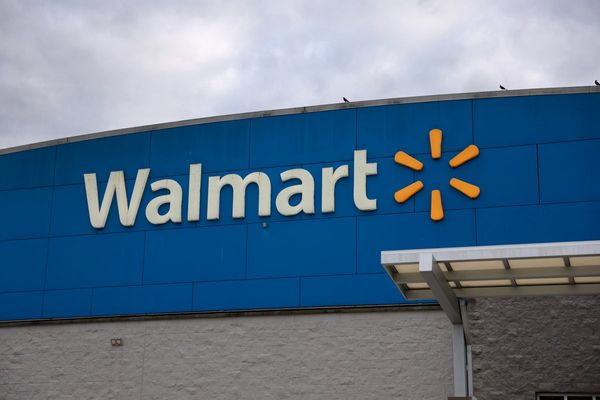The struggles continued for Regeneron Pharmaceuticals' blockbuster eye disease treatment, Eylea, in the first quarter — leading REGN stock to dive early Thursday.
Eylea sales in the U.S. came in at $1.43 billion, slumping 5.5% and missing forecasts for $1.55 billion, according to FactSet. That followed a fourth-quarter miss which Regeneron attributed to a temporary issue with one of its copay assistance programs. This time, Regeneron said Eylea faced an increase in sales-related deductions, offset by higher sales volume.
But RBC Capital Markets analyst Brian Abrahams notes Eylea is facing new competition in the form of Roche's Vabysmo. Novartis also makes a treatment for eye diseases called Beovu, rivaling Eylea. Vabysmo generated $485.1 million in first-quarter sales, beating expectations, while Beovu sales came in light at $51 million.
Abrahams says investors largely expected the fourth-quarter setback to be resolved by the first quarter.
"This quarter's weak numbers brings the magnitude of potential Vabysmo inroads back to concern, especially after another solid growth quarter for Vabysmo reported by Roche last week," he said in a note to clients.
On the stock market today, REGN stock tumbled 6.1% to close at 753.88. Regeneron stock fell far below the lower boundary of a buy point at 800.58 out of a flat base, MarketSmith.com shows.
REGN Stock: Uncertainties In Near- To Medium-Term
Overall, first-quarter metrics beat analysts' expectations. Sales edged ahead 7% to $3.16 billion and topped forecasts for $3 billion. Adjusted profit skidded 12% to $10.09 per share. But analysts called for a bigger decrease to $9.52 per share.
But RBC's Abrahams noted the beat was driven almost entirely by a $222 million payment from Roche for a collaboration on Covid antibodies outside the U.S.
These "are unlikely (to be) sustainable near-term," he said.
Abrahams kept his sector perform rating and 830 price target on REGN stock. He notes Regeneron's Eylea is likely to struggle for the foreseeable future. So far, Vabysmo is being used primarily in people who don't respond well to Eylea. But Regeneron will also have to contend with likely biosimilar rivals to Eylea beginning in the second half of 2024.
"We continue to see larger concerns around medium-term Eylea uncertainties," he said.
Follow Allison Gatlin on Twitter at @IBD_AGatlin.







